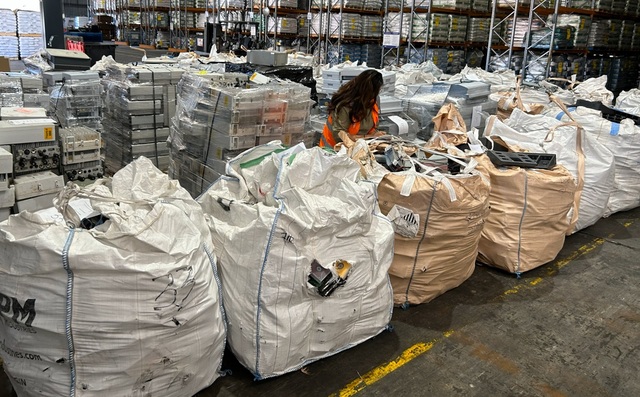Greater Dandenong has claimed an unwelcome title as one of the fatal overdose hotspots in Melbourne, according to newly-released research.
It sparked a warning about the deadly rise of pharmaceutical drugs such as sleeping tablets, anxiety pills and painkillers.
In a five year period ending in 2016, 86 people succumbed to a drug-related death in Greater Dandenong, according to research by the Penington Institute.
This is up from 74 deaths a decade earlier.
“This part of Melbourne is behind only the Port Phillip area when it comes to drug overdose deaths and they are heading in the wrong direction,” Penington Institute chief executive John Ryan said.
The biggest killer drugs in the region were opoids – illicit drugs and pharmaceutical painkillers – such as codeine, heroin, oxycodone and fentanyl.
On the rise, nationally, however were deaths involving sleeping and anxiety tablets, also known as ‘Benzos’ or benzodiazepines.
In 2012-16, there were 2177 Benzo-related deaths across Australia.
Amphetamines including the drug ‘ice’ rose to being the third most common substance in overdose deaths (1237 in 2012-16), overtaking alcohol.
Dr Matthew Frei, clinical director at Eastern Health’s Turning Point drug-and-alcohol treatment service, said Benzos and painkillers were widely prescribed.
“Having pain or stress or not being able to sleep requires a more complicated response than a pill.
“They’re widely prescribed by doctors because they are the main medical treatment for common conditions such as anxiety and insomnia and chronic pain.
“Doctors are getting more educated and getting more conscious … I do think we need to change our views on what is the answer to these common problems.”
Patients also needed to rethink their expectations about getting a quick, prescription fix, he said.
“What makes them an issue is they’re basically sedating drugs.”
For example, chronic pain or anxiety could be addressed by changed lifestyle, diet and activity, physiotherapy and psychology.
“Though it’s not as immediate as taking a tablet, we know they work. And they don’t carry the risks that these tablets will carry.”
The Penington Institute is calling for the Federal Government to review of the soaring prescription levels for the painkiller, fentanyl, and to substantially increase drug treatment.
Mr Ryan noted that drug use was a health issue more than a law issue, due to most overdoses involving pharmaceuticals.
“We need more education.
“We desperately need more support for families.”

















